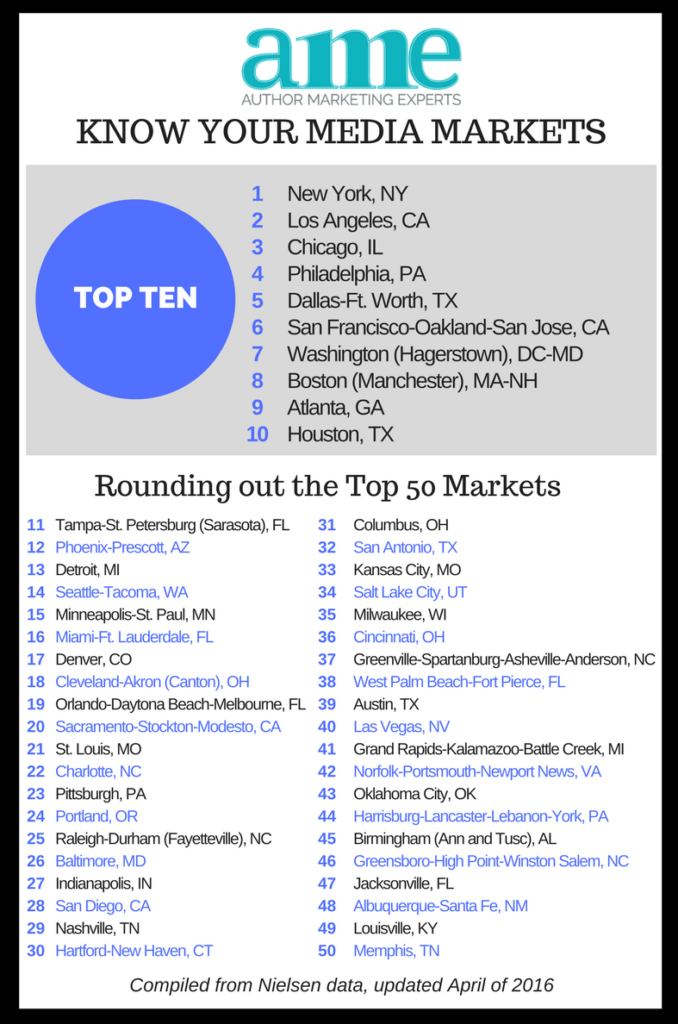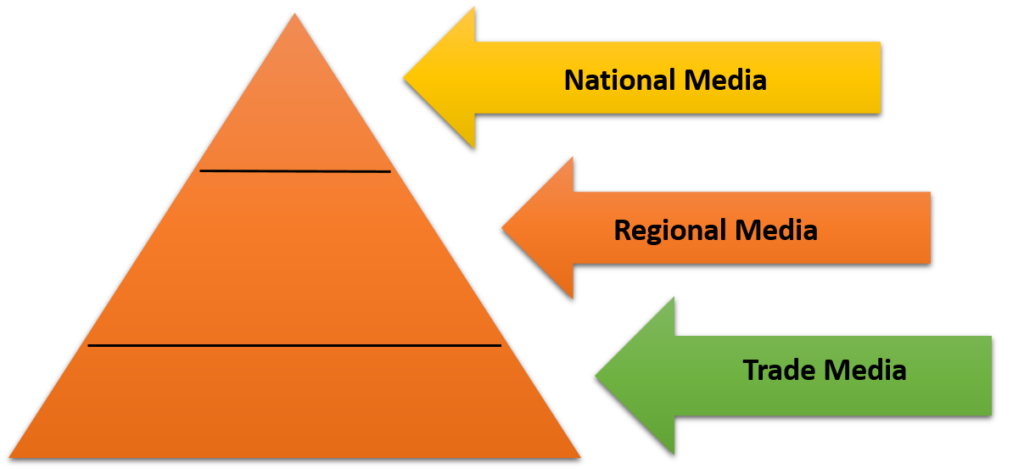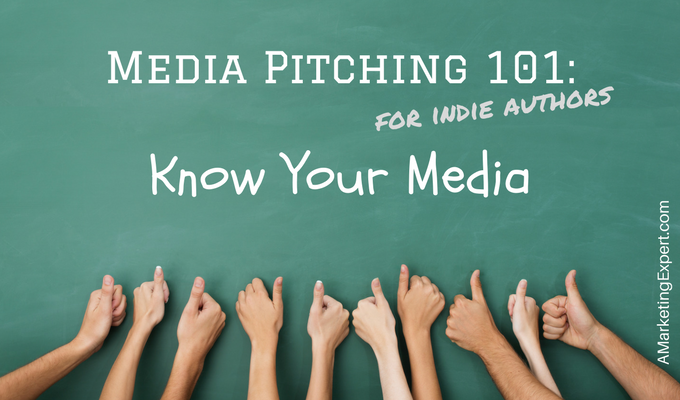Let’s face it, getting media attention for our business, product, or book can be an amazing way to launch a new product or get some attention for your work. But the problem is that in an age of a 24/7 news cycle, success at media pitching is trickier now than ever. There is good news, however. It’s not impossible, even for indie authors. This is a three-week series where we’ll discuss first knowing your media; and, in the coming weeks we’ll also discuss the art of the perfect pitch, and best pitching practices.
Feeding the Beast
The media is always looking for stories, so whether it’s your story or someone else’s, they need to feed this massively hungry news cycle. Especially, as you’ve no doubt noticed during a breaking news story, experts seem to crawl out of the woodwork. While you may not always agree with all of the experts the media calls on, they all have one thing in common: they were media-ready. And I’m not talking about being media-trained (though that’s important too) I’m talking about being really ready. They know their stuff, know their market, and in general are very solid experts.
Be What the Media is Looking for
We work with a lot of indie authors who want major, national media coverage. The problem is, few of them are really ready for this calling.
As a marketing and PR person, my focus is on getting the best media and marketing attention I can for our authors. At the same time, I’m an expert myself. I have authored 16 books, I blog weekly on marketing and, when warranted, I blog on breaking news in the industry. I can cite you chapter and verse of any recent statistics, I research trends, or I know other experts who have already researched them that I can call upon. The point is, I know my market and if you’re focusing on national media pitching, you had better know yours.
You, The Expert
Often I’ll have an author or business owner who pretty much just wants me to make them famous. This isn’t really possible. I mean, I guess it is if you want to run naked through Times Square (spoiler alert: it’s already been done). Generally speaking though, you need to work for the fame you seek. Regardless of who you hire, you need to be the expert. This means that you’re blogging consistently, your social media feed shows ideas you share with your followers, and you are focused on your industry. This means knowing trends, stats and other experts if needed. You’ve done your due diligence and when you have, it will be clear to the media. Generally, someone who popped out of the box yesterday and wants national fame is not someone I’ll work with. That said, by the same token I’d certain work with them to pitch them to their own regional market, which can be hugely beneficial when helping to expand a platform.
Know Your Media Markets
National media is not all created equal, for this reason it’s important to know where your city sits in the top 100 media markets. For example, if you’re looking to pitch yourself to regional media in New York, this can get tricky since the majority of that media is all national. Some media professionals will even tell you that there’s no such thing as regional media in New York but I disagree. If you’re in this big city, consider pitching yourself to the five boroughs or other outlying markets that are still hungry for news.
The reason it’s good to know where your market sits is because the closer you are to that number one spot (out of 100), the harder it will be to get regional media for your message, and the more you may want to consider outlying areas. For example, Los Angeles, CA is the number 2 media market and while LA has a lot of great, regional papers, it’s still a tough slog to capture their attention. There are, however, lots of great regional newspapers just a stone’s throw from the heart of Los Angeles. Consider Orange County, Long Beach, Artesia, Santa Monica and other nearby cities that often have their own local newspapers.

Understanding Different Types of Media
It’s critical that you understand that not all media is created equal. As I mentioned in the previous section, sometimes national media markets can also determine the trajectory of your campaign. That said, there are three tiers to media:

National media is what we are all familiar with and, of course, the smallest slice of this media pie. This is big morning shows like CBS This Morning, Today on NBC and Good Morning America. It’s also any major daytime talk show, evening newscast, national magazines and national newspapers such as The Wall Street Journal, New York Times and The Washington Post. All of these newspapers sit in big media markets so by default they fall into the national media category.
The next rung on the ladder is regional media. This is any media exclusive to a region, town, or city and it’s often some of the best and easiest media to grab. If you’re promoting any local event that’s open to the public like a book signing or something along those lines, definitely pitch it to local media. Additionally, if you can offer a local spin to a story that’s making national news, your regional media wants to hear from you.
The final rung, and potentially the largest, is trade media. This is any kind of media specific to a trade, hobby, or profession. So for example golfer magazines, wrestling magazines, writing publications. Podcasts dedicated to a focused profession or hobby could also be considered trade media. Some trade media also exists very off the grid, such as newsletters specific to genealogy markets, or parenting newsletters, things like that. These can be a real goldmine if you can pitch them and they’re much easier to gain access to if you’re already an expert in that market. But remember, for any of these areas you still need a solid, strong pitch. Watch in the coming weeks as we teach you how to develop the perfect pitch and offer best pitching practices.





As a former reporter I can tell you another thing to keep in mind is that regional and national media outlets often get story leads and ideas from regional and local media outlets. I know authors often want to hit nothing but national media right out of the gate, but ignoring the local and regional media can do their book a disservice.
This is fabulous, thank you so much for adding this comment! And you’re right, we battle this all the time with authors who just want national media and are blind to other options.